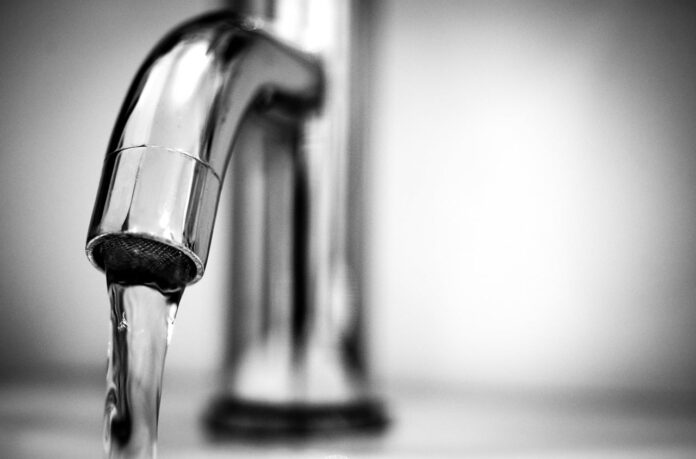Water is the lifeblood of our planet, a critical resource that sustains all forms of life. Yet, it is a finite commodity, with less than 1% of the Earth’s water available as fresh and accessible for human use. As the global population grows and climate change exacerbates water scarcity, the importance of water conservation becomes increasingly paramount. Conserving water not only ensures its availability for future generations but also helps maintain the health of our ecosystems, reduces the energy required for water treatment and distribution, and can lead to significant cost savings for consumers. In this article, we will explore five essential habits that each of us can adopt to contribute to water conservation efforts and foster a healthier planet.
Habit 1: Mindful Water Usage in Daily Activities
The first habit to embrace is being mindful of our water usage in daily activities. Simple actions can lead to significant savings. For instance, turning off the tap while brushing your teeth can save up to 8 gallons of water per day. Similarly, taking shorter showers and opting for a bucket bath can drastically reduce water consumption. The average shower uses about 2.1 gallons of water per minute, so cutting shower time by even a few minutes can make a difference.
Another area where mindfulness can play a role is in the kitchen. Washing fruits and vegetables in a bowl rather than under running water, and using the dishwasher only when it’s fully loaded, are practices that conserve water. Additionally, being conscious of the water footprint of the foods we consume can influence our dietary choices towards more water-efficient options.
Mindfulness extends to the way we do laundry as well. Waiting until you have a full load to run the washing machine can save a substantial amount of water. If you must wash a smaller load, adjusting the water level to match the size of the load can prevent unnecessary waste.
Habit 2: Smart Gardening and Outdoor Water Management
Gardening and outdoor water management are other areas where water conservation can be effectively implemented. Landscaping with native plants that are adapted to the local climate can significantly reduce the need for watering. Xeriscaping, or landscaping designed specifically to minimize water use, is an excellent strategy for conserving water in gardens and outdoor spaces.
When it comes to lawn care, watering in the early morning or late evening can reduce evaporation, making each drop count. Installing a rain barrel to collect rainwater for garden use is another smart way to conserve. Additionally, using mulch around plants can help retain soil moisture, reducing the need for frequent watering.
For those with irrigation systems, regular maintenance is key to preventing leaks and overwatering. Upgrading to a smart irrigation controller that adjusts watering based on weather conditions can also lead to significant water savings.
Habit 3: Fixing Leaks and Efficient Water Fixtures
Leaks are a major culprit in water waste, with the average household’s leaks accounting for nearly 10,000 gallons of wasted water each year. Regularly checking for and repairing leaks in faucets, showerheads, and toilets is a simple yet effective habit for water conservation. A leaky faucet that drips at the rate of one drip per second can waste more than 3,000 gallons per year.
Investing in water-efficient fixtures is another impactful habit. Low-flow showerheads, faucets, and toilets can drastically reduce water usage without sacrificing performance. For example, replacing an old toilet with a WaterSense-labeled model can save a family of four more than 16,000 gallons of water per year.
Additionally, consider installing aerators on faucets, which mix air with water to reduce flow while maintaining water pressure. These small changes in our homes and workplaces can collectively lead to substantial water savings.
Water conservation is not just a responsibility; it’s a necessity for the sustainability of our planet. By adopting these five essential habits—mindful water usage in daily activities, smart gardening and outdoor water management, and fixing leaks and installing efficient water fixtures—we can each play a part in safeguarding this precious resource. Every drop truly counts, and through our collective efforts, we can ensure a healthier planet for ourselves and future generations. Remember, as the saying goes, “We never know the worth of water till the well is dry.” Let’s not wait for scarcity to appreciate the value of every drop.
